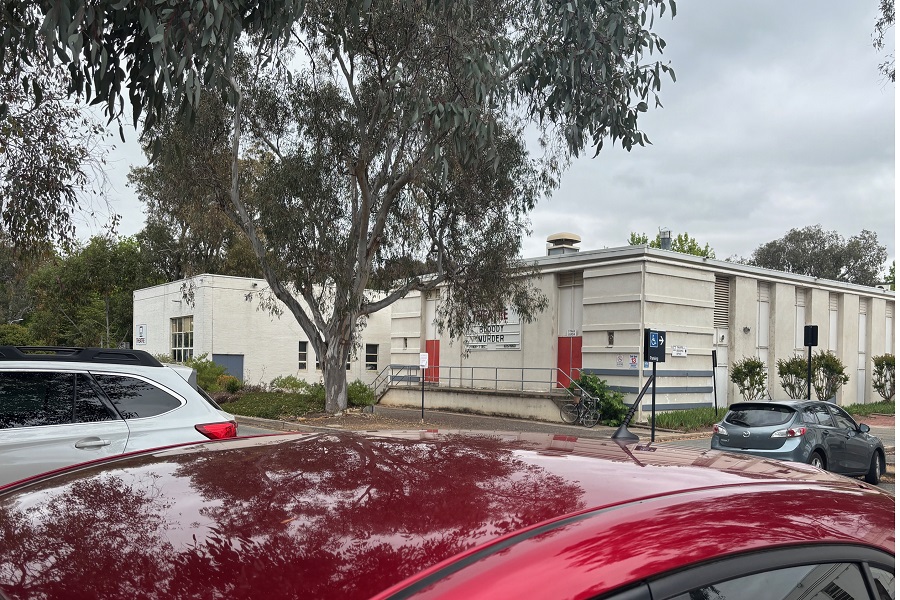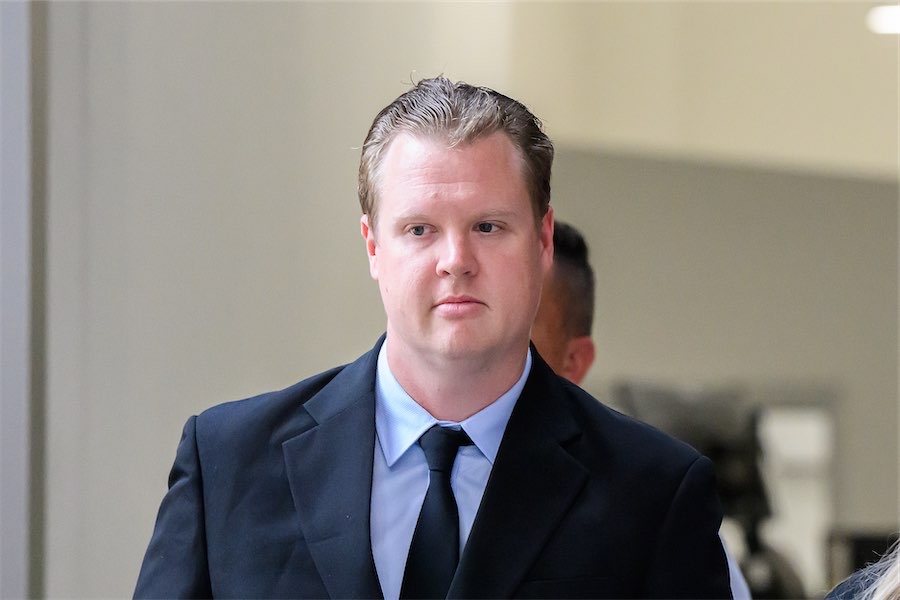
THERE’S a lot of interest in growing native plants in the Canberra Bonsai Society, says president Tony Gill.
“Australian plants are good as bonsai. A vast majority of them tend to be evergreens, so that means their cycle is a bit different,” he says.
“Native plants always have some level of growing, there’s no identified dormant period. The real hot periods in Australia are periods where plants basically feel stressed and are less productive to protect their energy because they need it to survive.
“If you were to collect native plants in their natural environment, they will have tap roots. They don’t develop a very expansive root network whereas once you put them in a pot what you’re trying to encourage is a regular root system of fine roots.
“The tap root allows the plant to find more water sources in a natural environment and it is also an anchor to hold the trees in their place, but when you have them in a pot there’s no need for that anchor so there are subtle differences.
“I use quite a lot of native Australian plants. My favourite at the moment is the leptospermum laevigatum or coastal tea tree.
And Tony says there’s a whole range of designs people can go with.
“Some people want to replicate a tree that looks like an old tree in nature, which is what I aim for,” he says.
Tony has always enjoyed gardening, but found his niche in 2009 when he joined the Canberra Bonsai Society.
“It is a natural extension from gardening. It gives you an opportunity to use your creative skills. It is an art in its own right and I got to choose how I wanted to develop that,” he says.
“I had a busy job. I was an engineer and the Canberra Bonsai Society provided some balance, a hobby.”
Tony explains the origin of bonsai goes back 1200 years to China, before it evolved in Japan.
“The Japanese have a lot of formality in developing their bonsai, but each country is developing their own niche,” he says.
Since his retirement in 2017, Tony, 65, has been president of the Canberra Bonsai Society, which was founded in 1975 with only eight members.
“I like developing trees and sharing my knowledge and experience,” he says.
“I’ve got probably 100 plants in different stages., I’ve got a collection of about 30 trees in pots, but I’ve got a whole raft of probably another 60 or 70 in different stages in nursery pots,” he says.
The Canberra Bonsai Society now has 270 members, and Tony’s advice for the newest enthusiasts is: “You should only have as many trees as you can look after. It keeps me quite busy.
“In the summer, it would take me an hour in the morning and an hour in the afternoon to water them; they’re all hand watered.”
As a self-proclaimed “lifelong learner”, Tony says since retirement he has completed a Certificate III in Horticulture, and a Diploma in Horticulture.
Next on his list is a Certificate IV in Photography.
“I take photos of my trees. The reason I’m doing the course is to be able to take better photographs of my bonsai,” he says.
While the Canberra Bonsai Society has members in their 80s and 90s, there are also members in their 20s and 30s. Tony says it is not necessarily an activity that is purely for older people.
“You do need time, knowledge and patience,” he says.
“One of the issues, particularly as you get older, is that some of the bonsai are quite heavy.”
But members of the Canberra Bonsai Society have something to be more concerned about.
“There have been many examples in Canberra where bonsai have been stolen,” Tony says.
“I’ve got CCTV cameras so I can check in as required, but a concern in the bonsai community is the security of their bonsai,” says Tony.
“I have managed it by having a good fence, cameras and a dog, although I’m not sure the dog would do much.”
Who can be trusted?
In a world of spin and confusion, there’s never been a more important time to support independent journalism in Canberra.
If you trust our work online and want to enforce the power of independent voices, I invite you to make a small contribution.
Every dollar of support is invested back into our journalism to help keep citynews.com.au strong and free.
Thank you,
Ian Meikle, editor





Leave a Reply